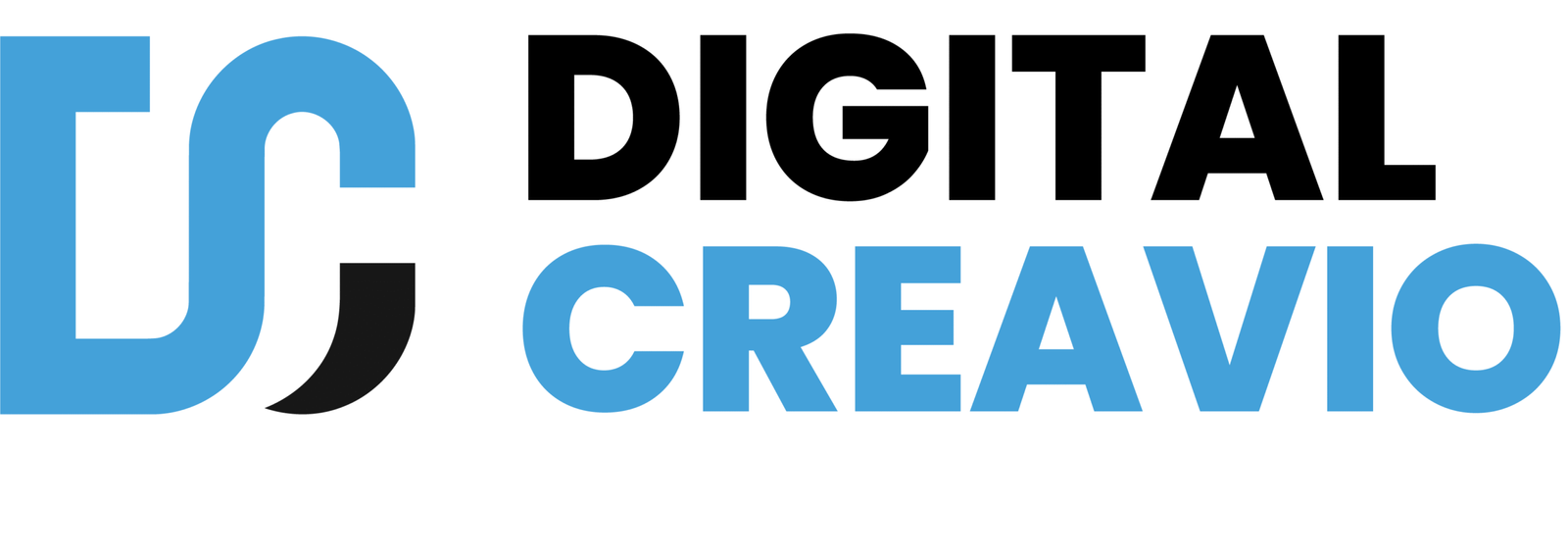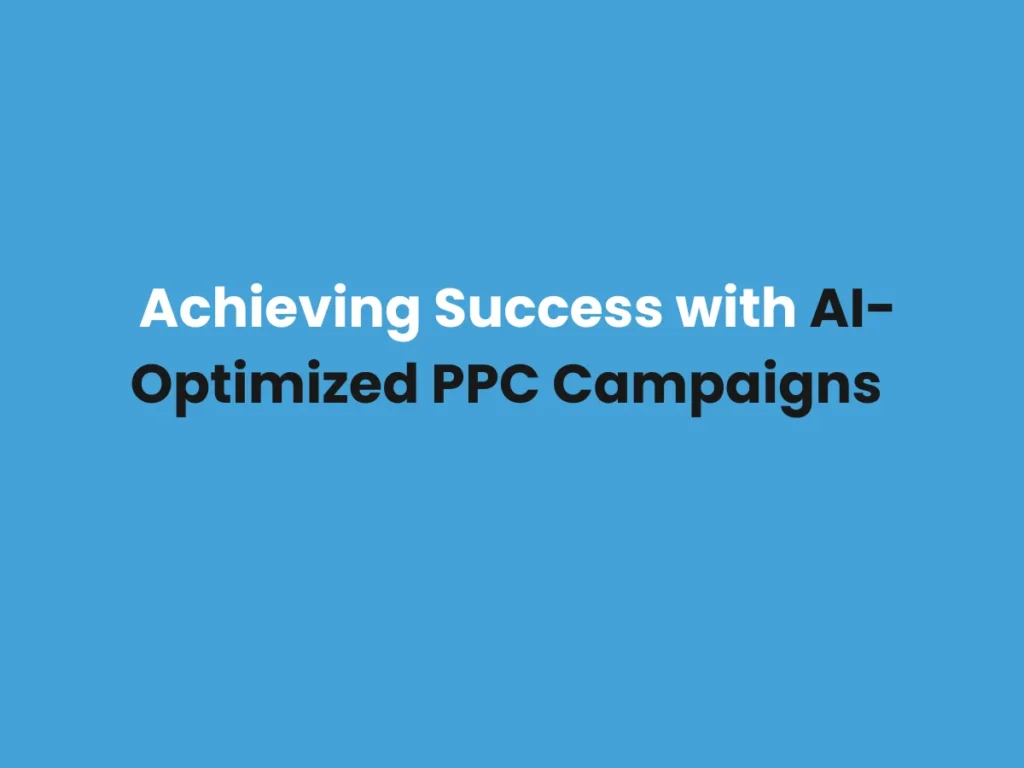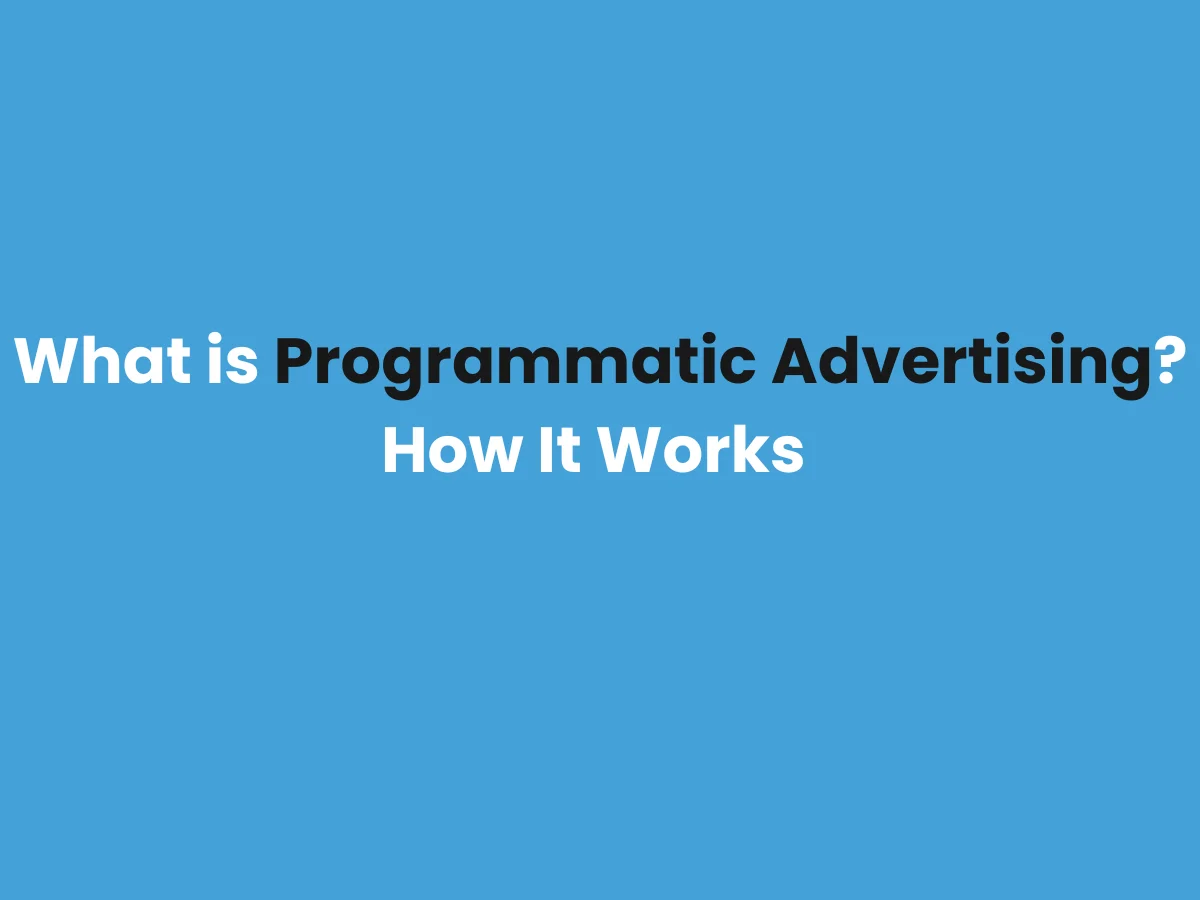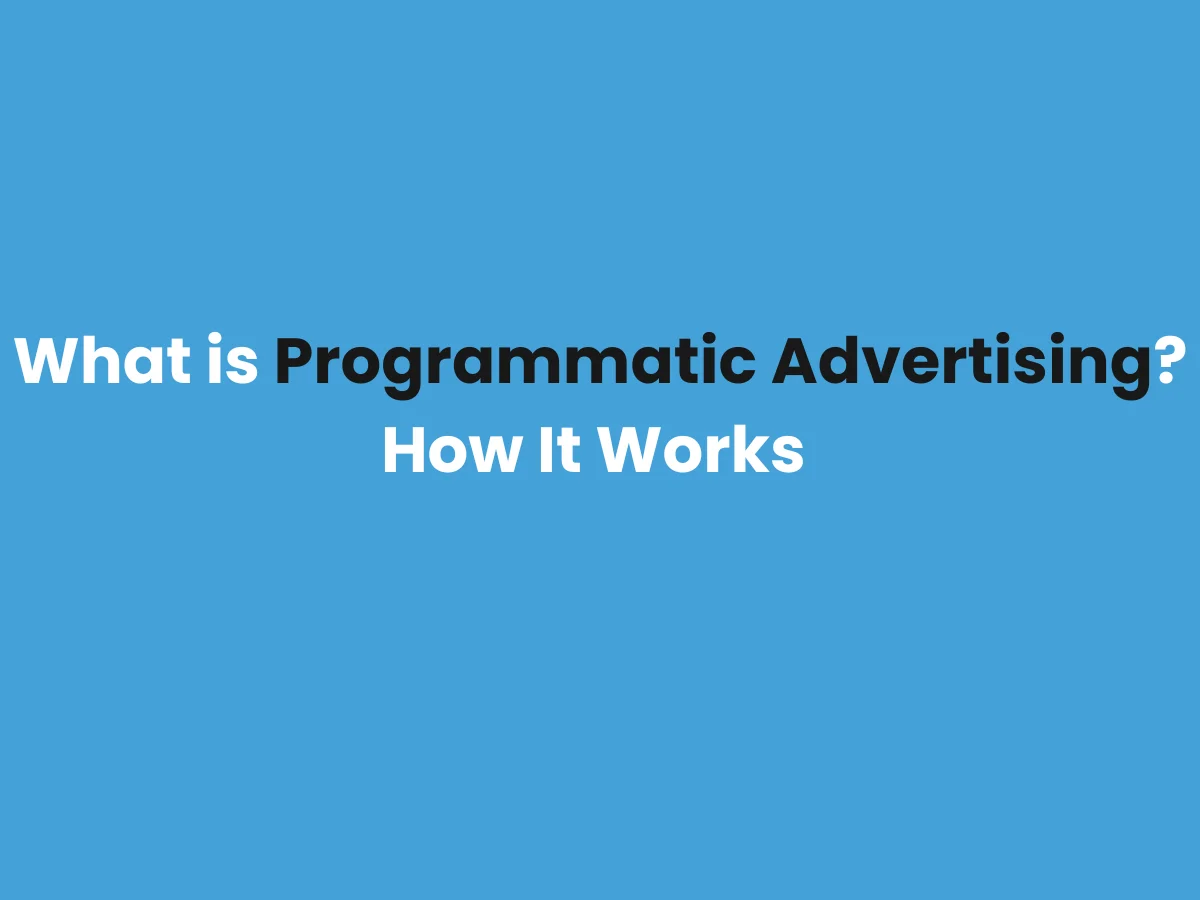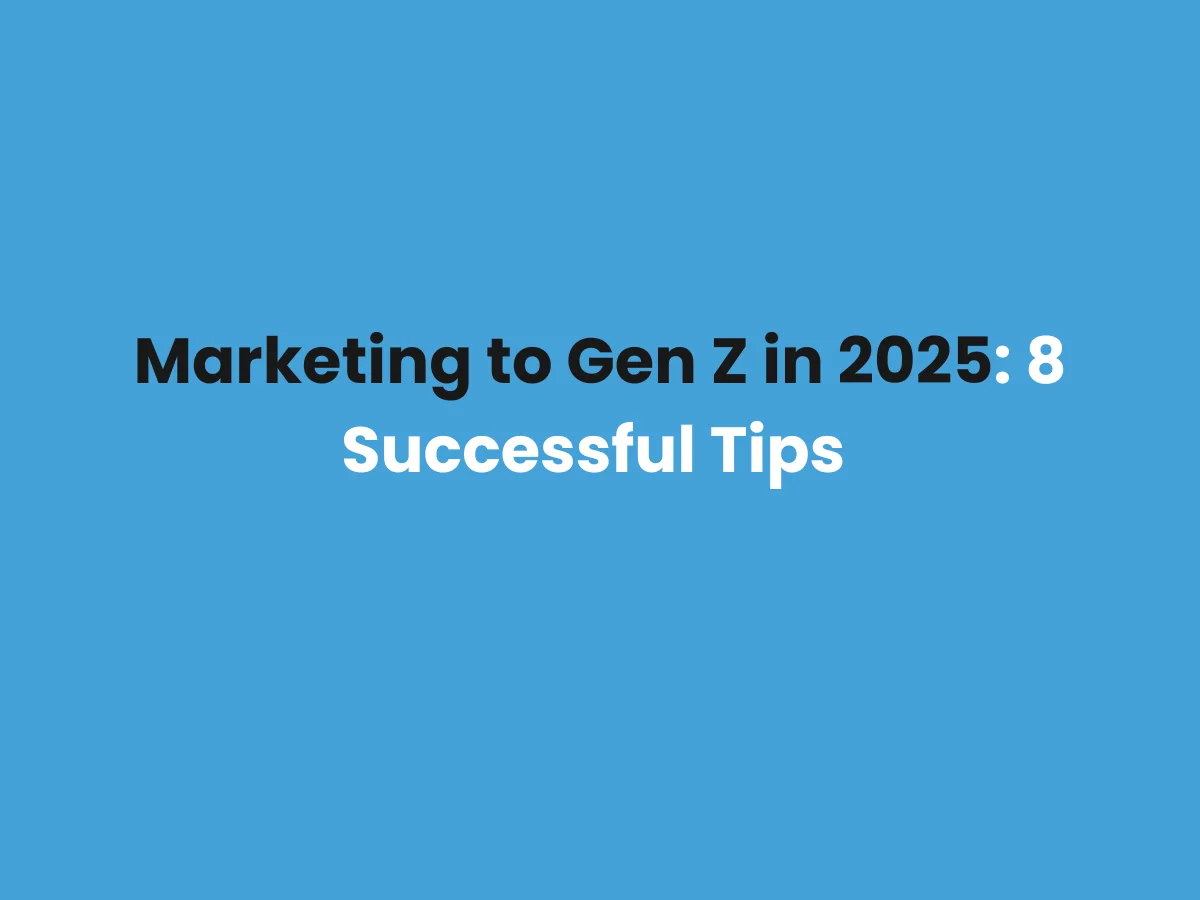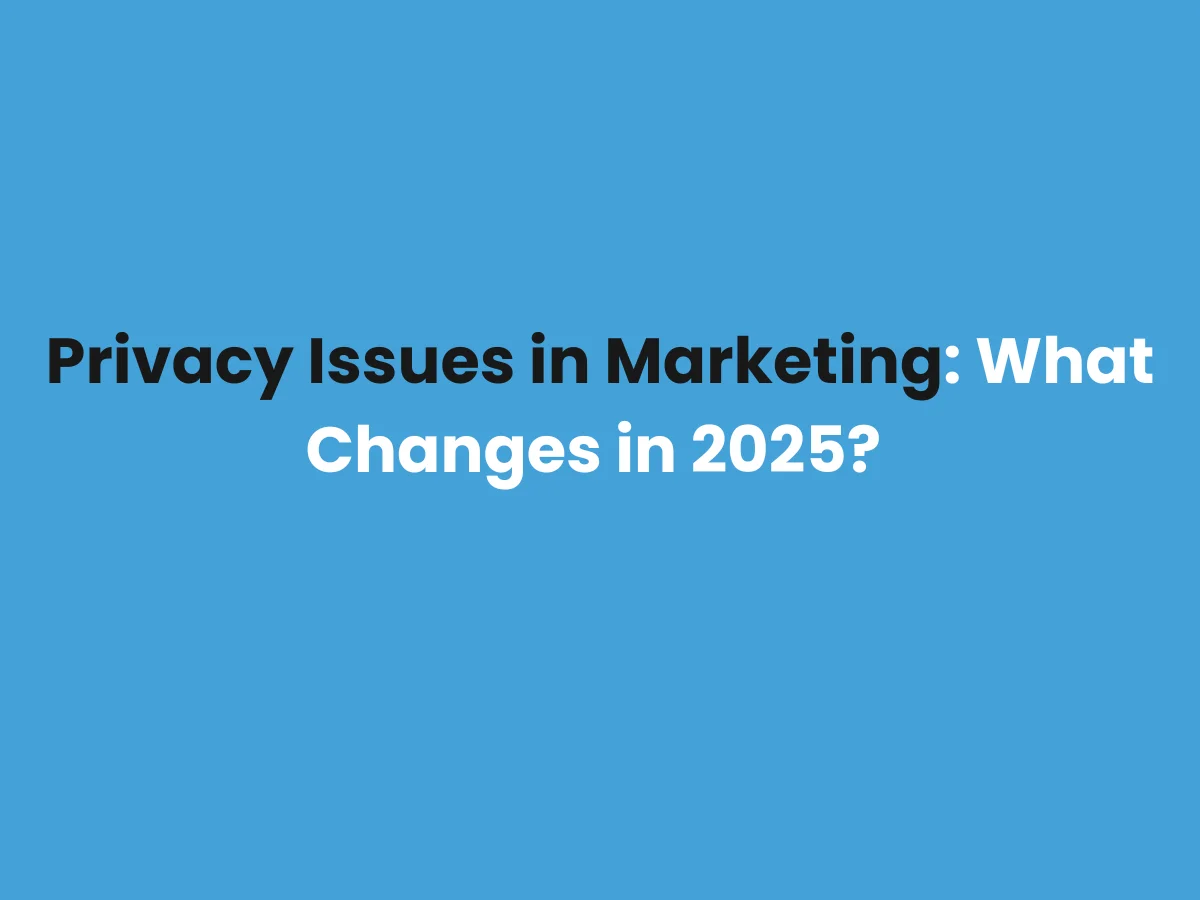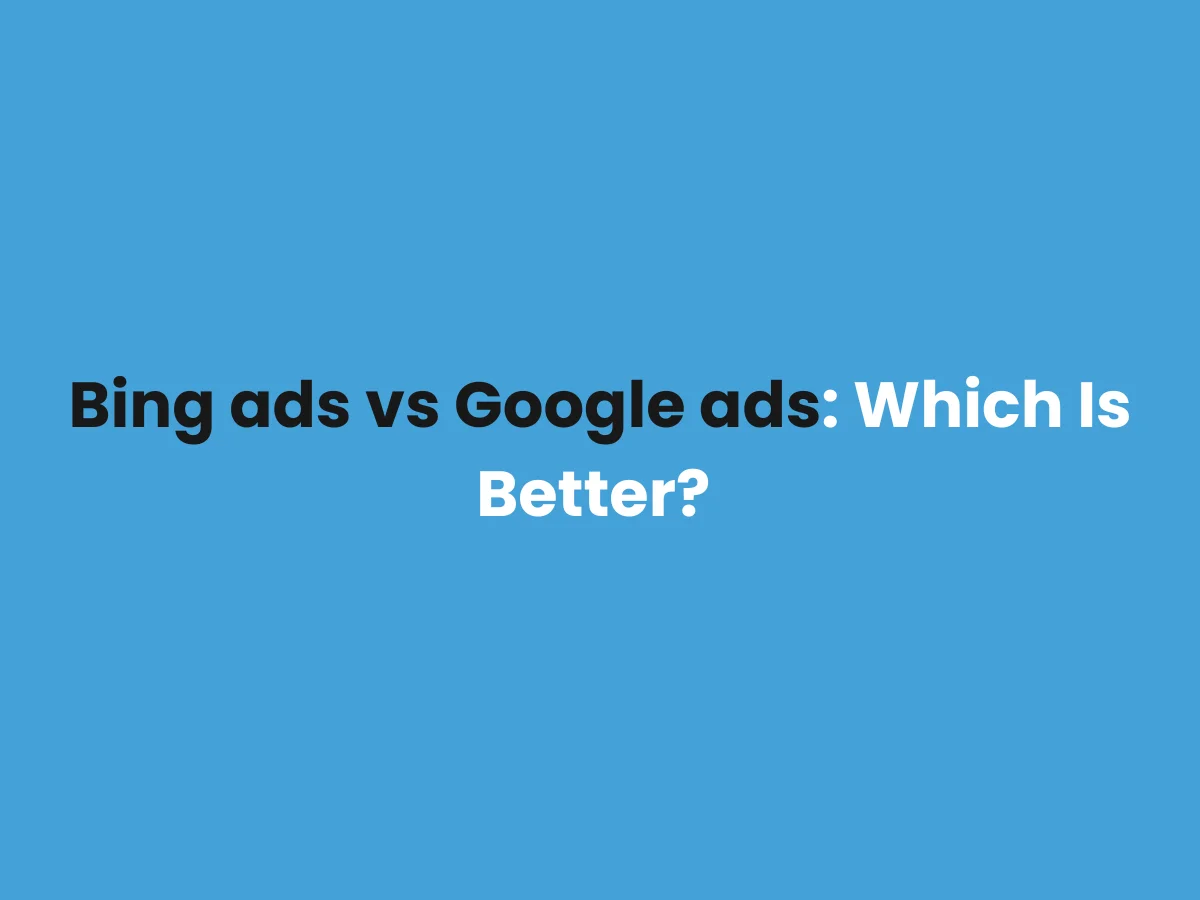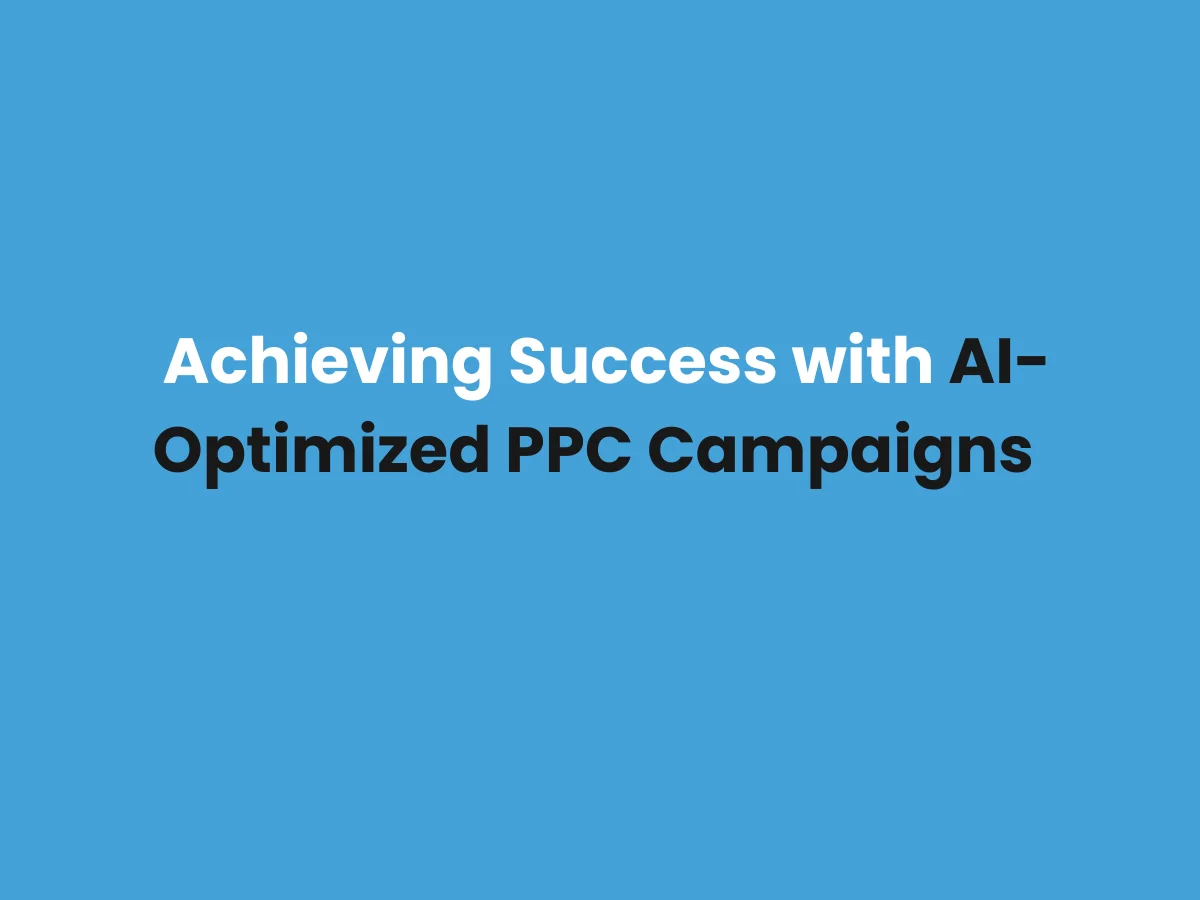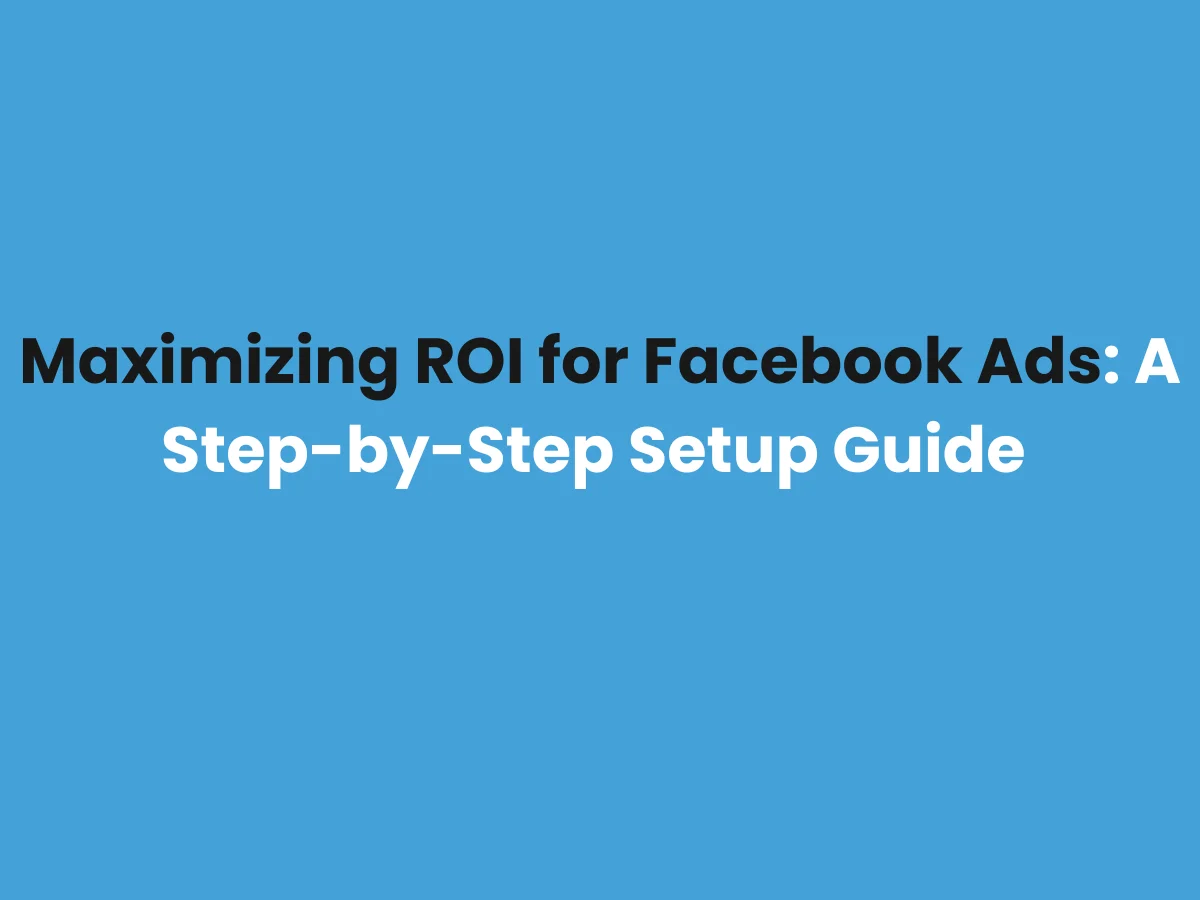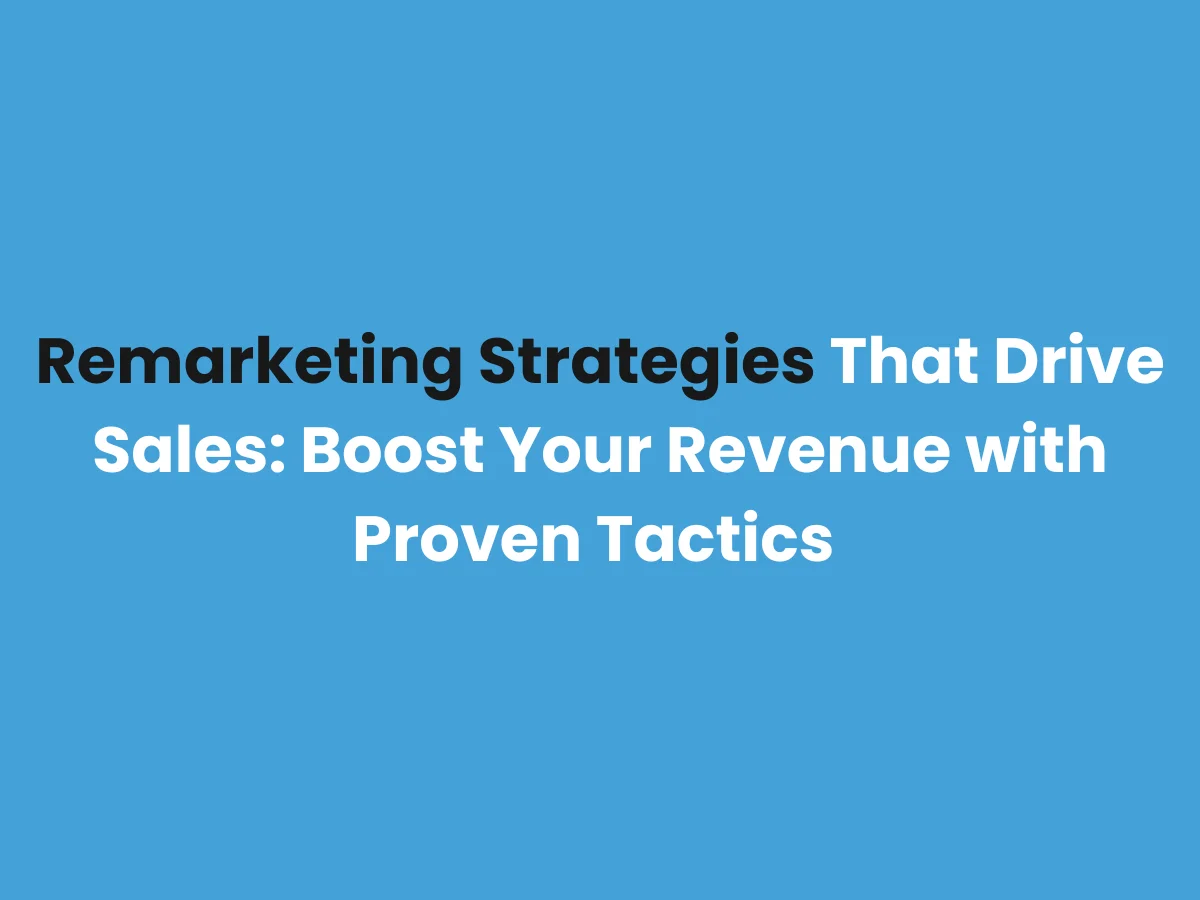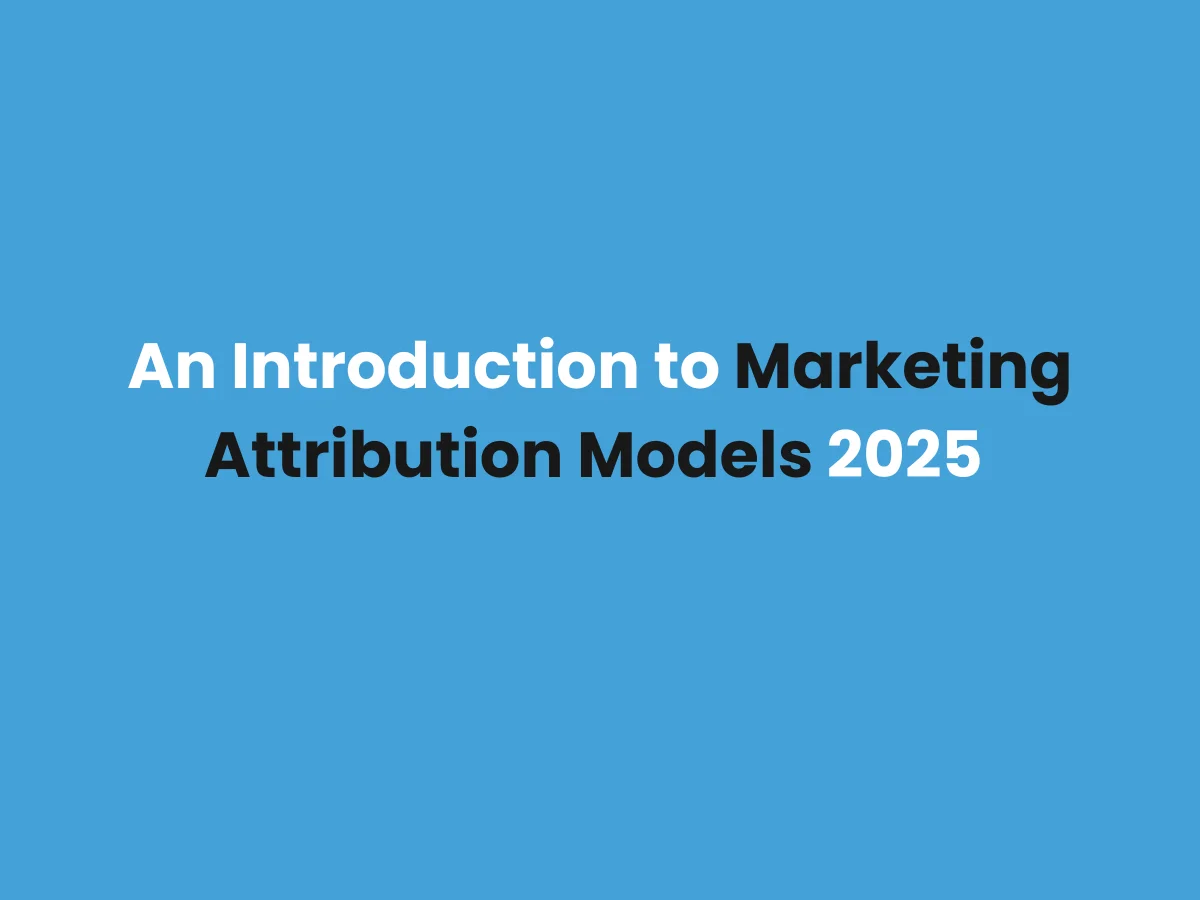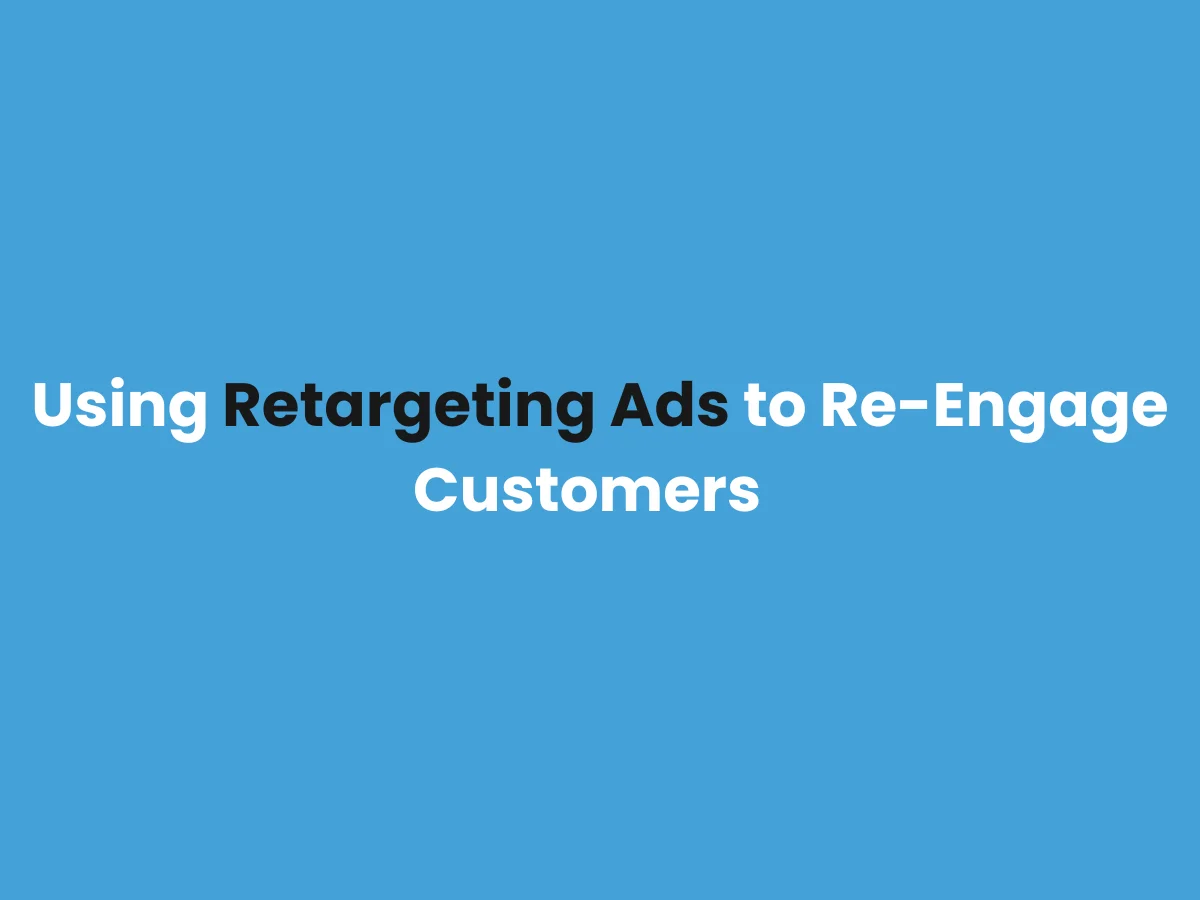Artificial Intelligence (AI) is reshaping how businesses approach pay-per-click (PPC) campaigns, turning them into highly efficient, data-driven strategies. As the first platform to shift to this approach, Google Ads has slowly incorporated more AI into the platform as time went by. Having started as a simple way of providing algorithm-based solutions to various business problems, AI has revolutionized PPC management by providing modern machine learning solutions in bidding and ad creation and optimization.
To that end, in this article, we will discuss how AI has been integrated into PPC advertising, the effects of AI-Optimized PPC Campaigns, and how companies can harness AI for PPC advertising success.
The Evolution of AI in PPC Advertising
The use of AI in PPC did not start today. It developed progressively gradually and in so doing was influenced by changes in technology and increasing demands from the advertisers. Here’s a quick timeline of key milestones:
1. Quality Score (2003): Laying the Foundation
Google thus came up with Quality Score with an aim of improving the relevance of adverts to users. However, it was an early form of algorithmic, not really associated with today’s AI, based on analysis of CTR, ad relevance, and landing page quality. Here it was made possible for more intelligent placements of the advertisements.
2. Conversion Optimizer (2007): Early Automation
This feature allowed advertisers to set a target cost per acquisition (CPA), and Google used historical conversion data to adjust bids automatically. It was an early attempt to simplify bidding while focusing on tangible outcomes like conversions.
3. Enhanced Cost-Per-Click (eCPC) (2010): Hybrid Control
eCPC blended manual and automated bidding, letting advertisers set base bids while Google adjusted them by up to 30% for higher conversion potential. This feature made AI-driven bidding more approachable for skeptical advertisers.
4. Smart Bidding (2014): The AI Breakthrough
Smart Bidding introduced the actual auction-based bidding through machine learning in-real time. It could provide much more precise bids for certain outcomes like conversion rate or even ROAS using lots of actual and real time signals like user’s intent, geographic location, time of day, etc.
5. Responsive Search Ads (2016): Dynamic Ad Creation
Sources could input headline and descriptions in multiples, and the Google’s AI would run multiple tests on the combinations to select the best one. That reduced the need for manual A/B testing, which resulted in more time being saved as well as better results.
6. Performance Max Campaigns (2021): Unified AI Automation
Performance Max campaigns apply automation to all elements of PPC from bidding to creatives on all platforms available on Google. The best part of all these formats is that they eliminate management hassle, and at the same time, they provide maximum returns.
Key Benefits of AI-Optimized PPC Campaigns
1. Smarter Bidding Strategies
Bidding algorithms that apply AI technology also change with the dynamic environment hence offering the best bid for any bid. Both engagement and transactional objectives can be optimised by AI, which utilises the previous performance in addition to data characteristics.
2. Enhanced Ad Relevance
Features like Responsive Search Ads leverage machine learning to craft and test ad variations dynamically. This ensures your audience sees the most compelling version of your message, driving higher engagement.
3. Improved Audience Targeting
By using AI, vast amounts of data rise, and AI is used to find the most valuable audience segments. It incorporates behavioral tendencies, search relevancy, and demographics in order to take your advertisements to the right audience.
4. Efficiency and Time Savings
The simple routine processes such as bid adjustments, keyword research, and ad testing consume much time and are best handled by AI to allow marketers work on important aspects such as strategy and creativity.
Challenges and Considerations
While AI offers undeniable benefits, there are challenges to consider:
- Loss of Control: Transferring key decisions to an AI model can be somewhat scary for the advertisers who are used to dealing with knobs and dials.
- Transparency Issues: Some of the AI-driven tools like as Performance Max offer very minimal flexibility related to the details of the campaigns, which could help in making analyses and improvements.
- Dependence on Quality Data: AI needs accurate and the highest quality of the data that is fed to it for it to work optimally. If data is either incomplete or unrepresentative, the outcome will be less than ideal.
Strategies for Achieving Success with AI-Optimized PPC
To make the most of AI in PPC campaigns, follow these best practices:
1. Start Small
Experiment with AI features like Smart Bidding or Responsive Search Ads before fully automating your campaigns. Monitor performance closely and gradually increase reliance on AI tools.
2. Leverage Broad Match Keywords
Modern broad match keywords use AI to capture semantically related queries, expanding your reach. Pair this with a robust negative keyword list to maintain relevance.
3. Use Performance Max Wisely
Performance Max is a powerful tool, but it’s not one-size-fits-all. Use it for specific goals like maximizing conversions while monitoring high-level performance metrics.
4. Monitor and Refine
AI tools aren’t set-and-forget solutions. Regularly analyze performance data to identify opportunities for optimization and refine your strategies accordingly.
5. Stay Updated
The use of AI in the ad industry is still quite dynamic especially in the recent past. It helps to keep an eye on new features to always work with the tools and apply the methods that have been improved.
Conclusion
AI-Optimized PPC Campaigns have been enhanced by the use of AI to levels of efficiency, accuracy, and effectiveness never seen before. If companies use AI tools wisely and remain open to changes, they can get further than before in digital advertising. By incorporating AI to your PPC marketing strategy, you can stand out from the rest when you are a experienced marketer or a newbie within the sector. Currently, the application of AI technology for PPC is quite evident and their future extremely likely to have even more features of automation and prediction. In the future, it could become possible to only set campaigns up by offering the program assets and objectives; the AI handles the rest. This will require bringing in the aspect of automation without completely negating the aspect of strategy.
Read Also: Maximizing ROI for Facebook Ads
